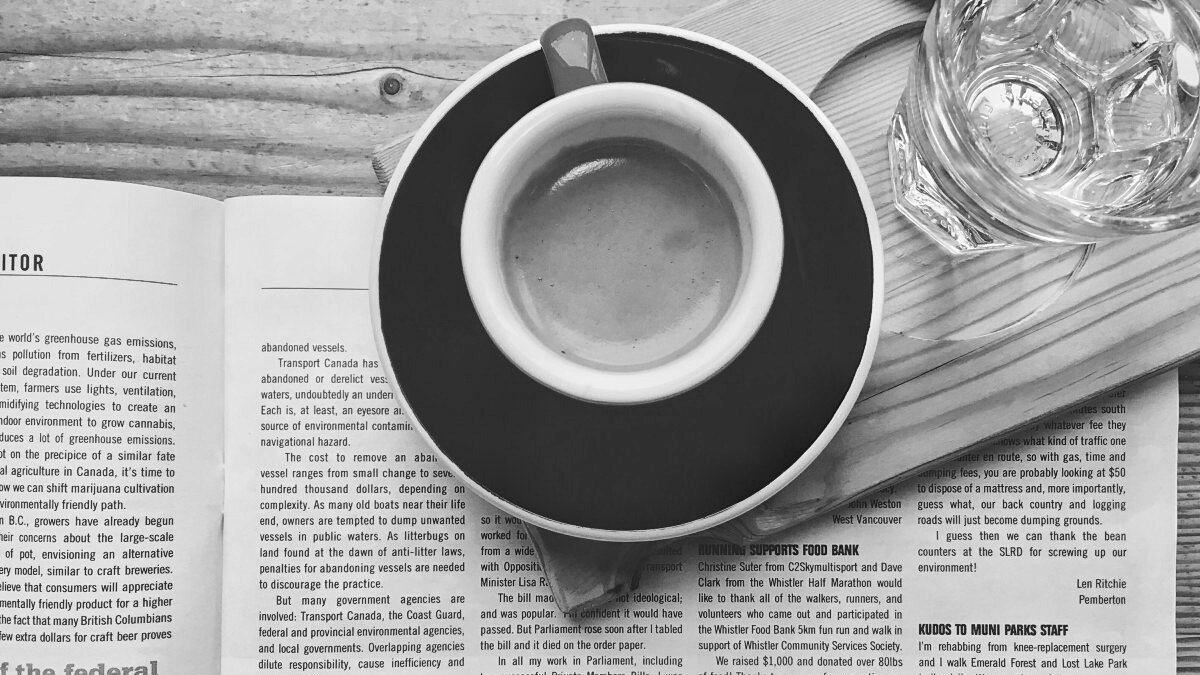
An espresso cup sits atop a magazine on a table, seen from above. Via PxHere
Hello and welcome to another week’s end and another Coffee News Roundup. I can’t think of a snappy intro, so let’s just get straight to the news, shall we?
The World Is Facing A Coffee Deficit In Supply Chain ‘Nightmare’ - via Bloomberg
A combination of increasing demand, a drought-caused decline in output from Brazil, and a global shipping container shortage (no, not just the one stuck in the canal) mean that coffee is facing an impending supply chain “nightmare”.
Because this is a Bloomberg report, we’re not necessarily talking about issues in specialty coffee—this is a story mostly focused on the Nestlés, Goldman-Sachs, and Maersks of the world—although the one quote from a specialty importer does point to an impact on your local micro-roaster further down the line.
“Logistics have been a headache, dealing with lack of space and containers,” Marco Figueiredo with Ally Coffee told Bloomberg. Ally Coffee is “monitoring the situation” and discussing the possible impacts with clients, Figueiredo continued.
The price of Arabica futures in New York has risen 24% since October, which the report links to Brazil’s bad weather, while green inventory in the US is down 8% over last year. Meanwhile, one importer estimates that shipping costs have more than doubled from Latin America. This is at a time when demand is on the rise again after a significant decline in 2020 (for obvious reasons), so it’ll be interesting to see whether small roasters and cafes are impacted, and when.
And, because it’s 2021 and this is apparently real life, that boat in the canal? It might make your instant coffee more expensive. So there’s that.
Is Coffee Good for Us? Maybe Machine Learning Can Help Figure It Out - via The New York Times
There’s a lot of talk in this weekly roundup about coffee’s health benefits, both real and perceived. But you might be wondering why the news swings wildly between healthy and unhealthy on a seemingly weekly basis—I know I am.
This great article in the New York Times Magazine does an excellent job of explaining the whys and wherefores of coffee health studies, through the prism of a recent study that used machine learning to take a new approach to the subject.
“The scientific literature on coffee illustrates a frustration that readers, not to mention plenty of researchers, have with nutrition studies,” the article begins. “The conclusions are always changing, and they frequently contradict one another.”
That’s for sure.
Using algorithms and artificial intelligence to process huge amounts of data without (theoretically, anyway) human bias is an intriguing possibility. But, as the article also notes, the analysis can only be as good as the data—look at facial recognition software for an example of how implicit biases on the part of the researchers led to a system that was inherently prejudiced.
Still, it’s an interesting approach that bears more study, if only to stop the weekly back-and-forth between studies promoting the dangers and the benefits of coffee.
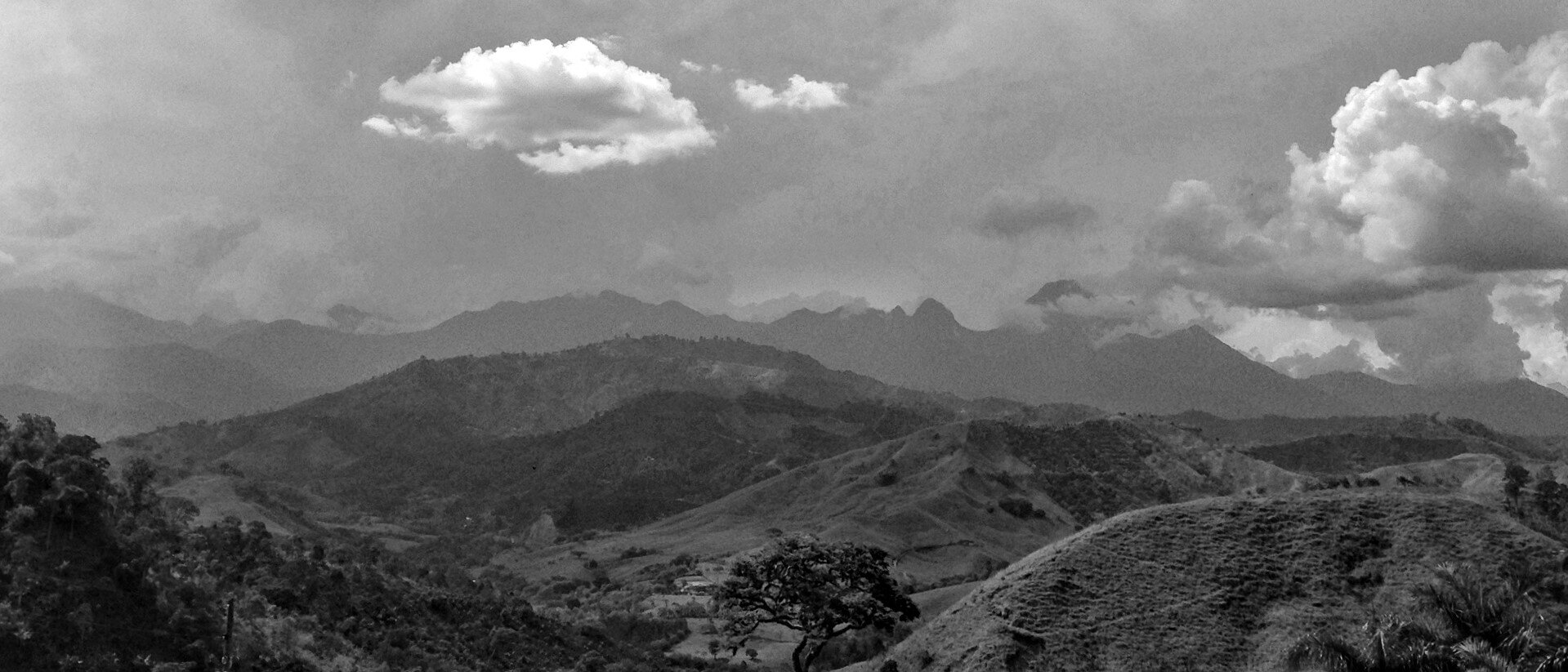
Long shot of Colombian coffee farms with mountains in the distance.
More Headlines
Heavy Rains, COVID-19 Challenge Colombian Coffee Growers - Federation
Cup of Excellence Teams With RD2 Vision For Genetic Testing Of Competition Coffees
Coffee’s Laxative Effect Remains A Science Mystery
The Week In Corporate Coffeewashing
An interview with the head of Nespresso Oceania (in the descriptively-named CEO Magazine) describes him as having “the weight of the environment on his shoulders” and includes a fun section entitled “Finding sustainability in profitability”.
“It’s no secret,” the segment begins ominously, “that Nespresso has seen some criticism in the past over the environmental impact of its pods, but despite the lingering perceptions, the new leadership between [the guy being interviewed and the global CEO] seems adamant in proving it can truly embrace sustainability as a whole while hitting business targets.”
Jean-Marc Dragoli (the guy being interviewed) talks about “building resilience against climate change” and recycling their pods, and makes great claims about buying directly from farmers and paying “a premium for the quality and because they adhere to our AAA program for producing coffee in a sustainable way.”
Also mentioned is George Clooney, because of course, who is apparently now on Nespresso’s “sustainability executive committee”. Clooney is there to “ensur[e] the business does the right thing when it comes to sustainability,” the article says.
The Week In Coffee Unionizing
This has been a good week for in-depth articles that directly connect to the various subheadings of this roundup. Here’s another one: Colectivo Could Soon Become The Largest Unionized Coffee Chain In The U.S. in In These Times which does a good job of laying out the path Colectivo employees have taken to get to the voting stage of their union drive.
The article also details the union-busting moves that Colectivo ownership has taken, including the hiring of $375-per-hour consulting firm Labor Relations Institute that has been labeled “one of the largest union-busting firms in the United States” by the Economic Policy Institute. Other anti-union efforts have included propagandizing meetings and company-wide emails, and alleged layoffs of pro-union staff members.
The outcome of the vote will be known at the beginning of April, and if successful it will mean that Colectivo becomes the largest unionized coffee chain in the country.
Is Coffee Good For You?
Oh no, a new study has found. Didn’t we cover this already?
Ah well, let’s take a look anyway: a new study has found that caffeinated coffee imbibed before exercise “can help increase aerobic exercise’s fat-burning ability.”
The research, which admittedly only had 15 all-male participants, found that “acute caffeine ingestion 30 minutes before performing an aerobic exercise test increased maximum fat oxidation.” This was especially true if the exercise was performed in the afternoon, although the Sprudge article doesn’t say why.
The study was published in the Journal of the International Society of Sports Nutrition which sounds legit, so let’s just go with it and say this goes in the “yes” column of the “is coffee good for you” spreadsheet.
What To Read
You Recovered From COVID-19. Now Your Coffee Smells Like Sewage by Sarah Zhang
Across The Nation, A Native American Coffee Movement Is Brewing by Tsanavi Spoonhunter
Until next week, drink good coffee. Tip your barista. Wear your mask.
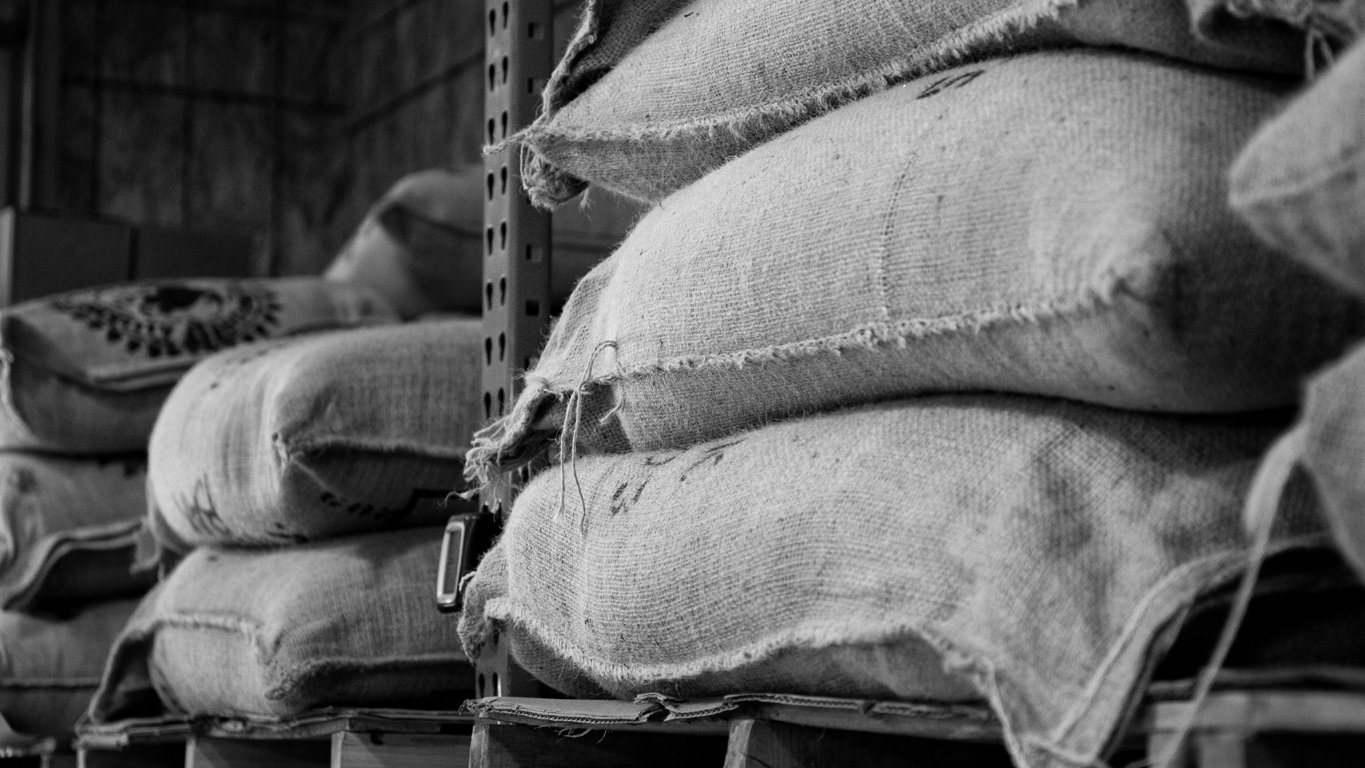
Nov 24, 2023 Connecting the Dots: Inside the 2023 Coffee Barometer Nov 24, 2023 Nov 24, 2023
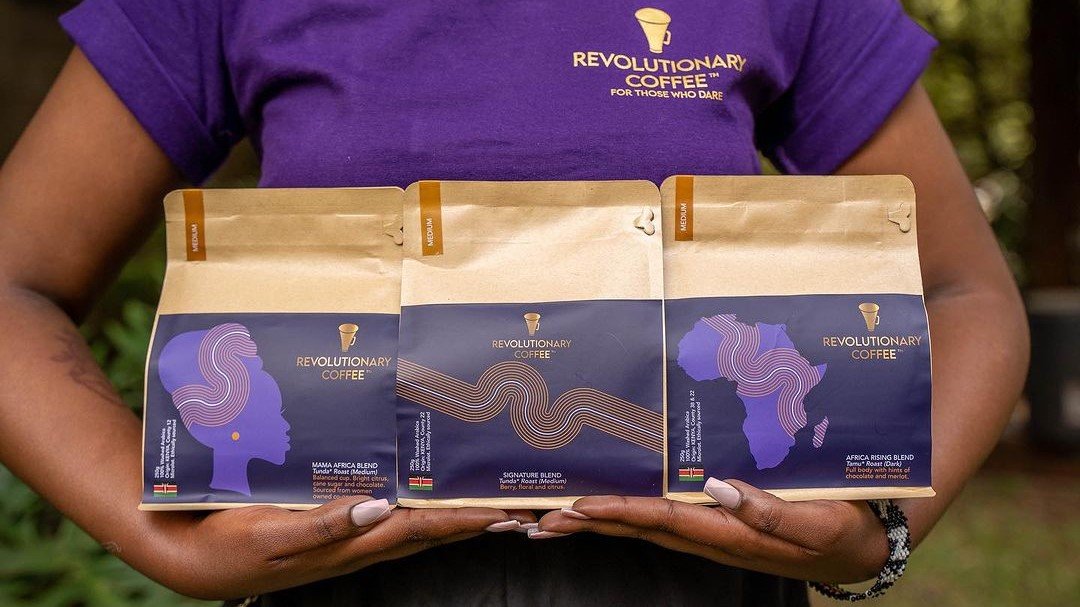
Oct 21, 2023 'Specialty Coffee Should be Enjoyed by Those Who Grow It': The Farmer's Daughter Joining Kenya's Coffee-drinking Revolution Oct 21, 2023 Oct 21, 2023
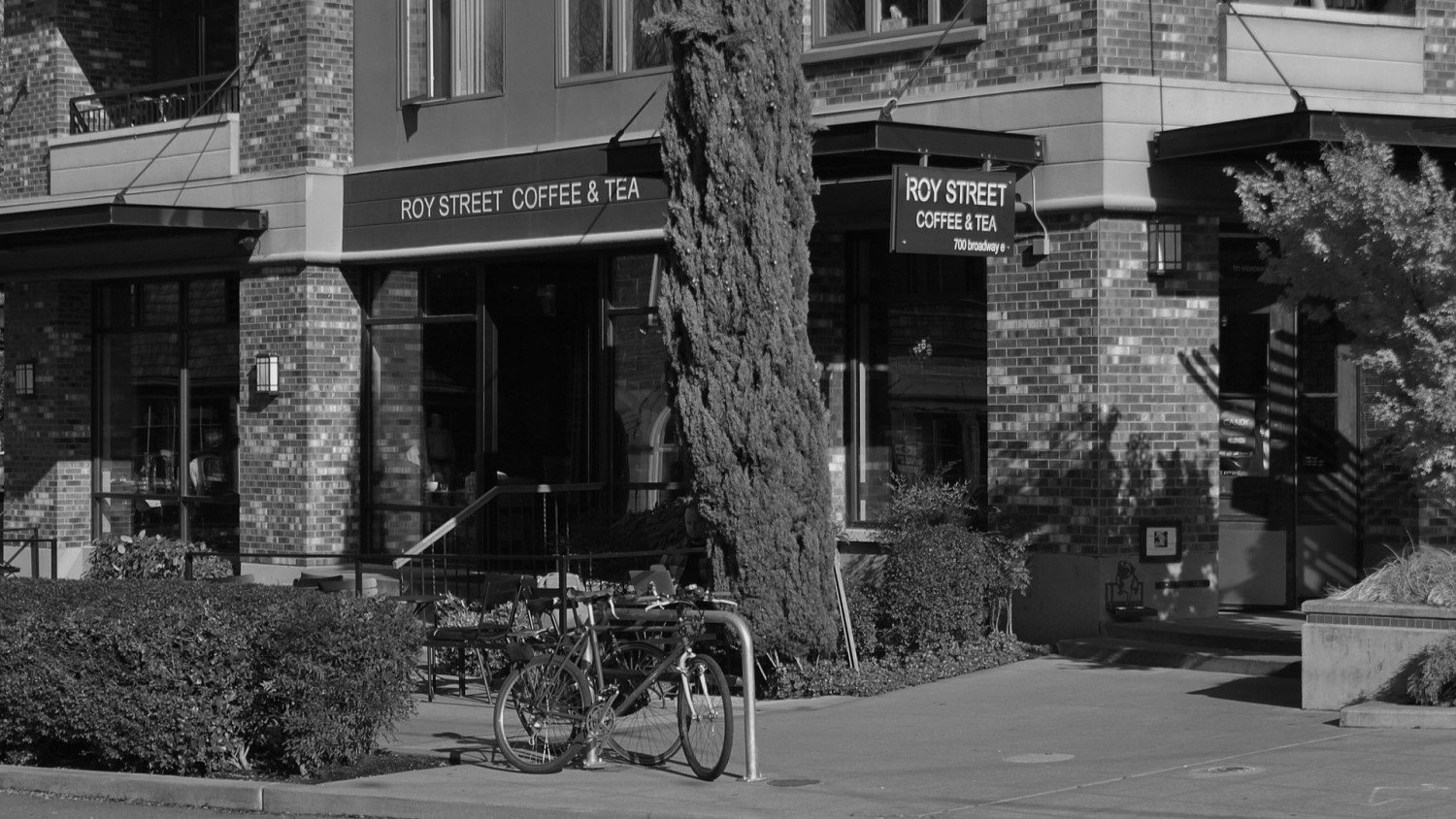
Oct 6, 2023 Stealth Starbucks: A Premonition of Modern Specialty Coffee Oct 6, 2023 Oct 6, 2023
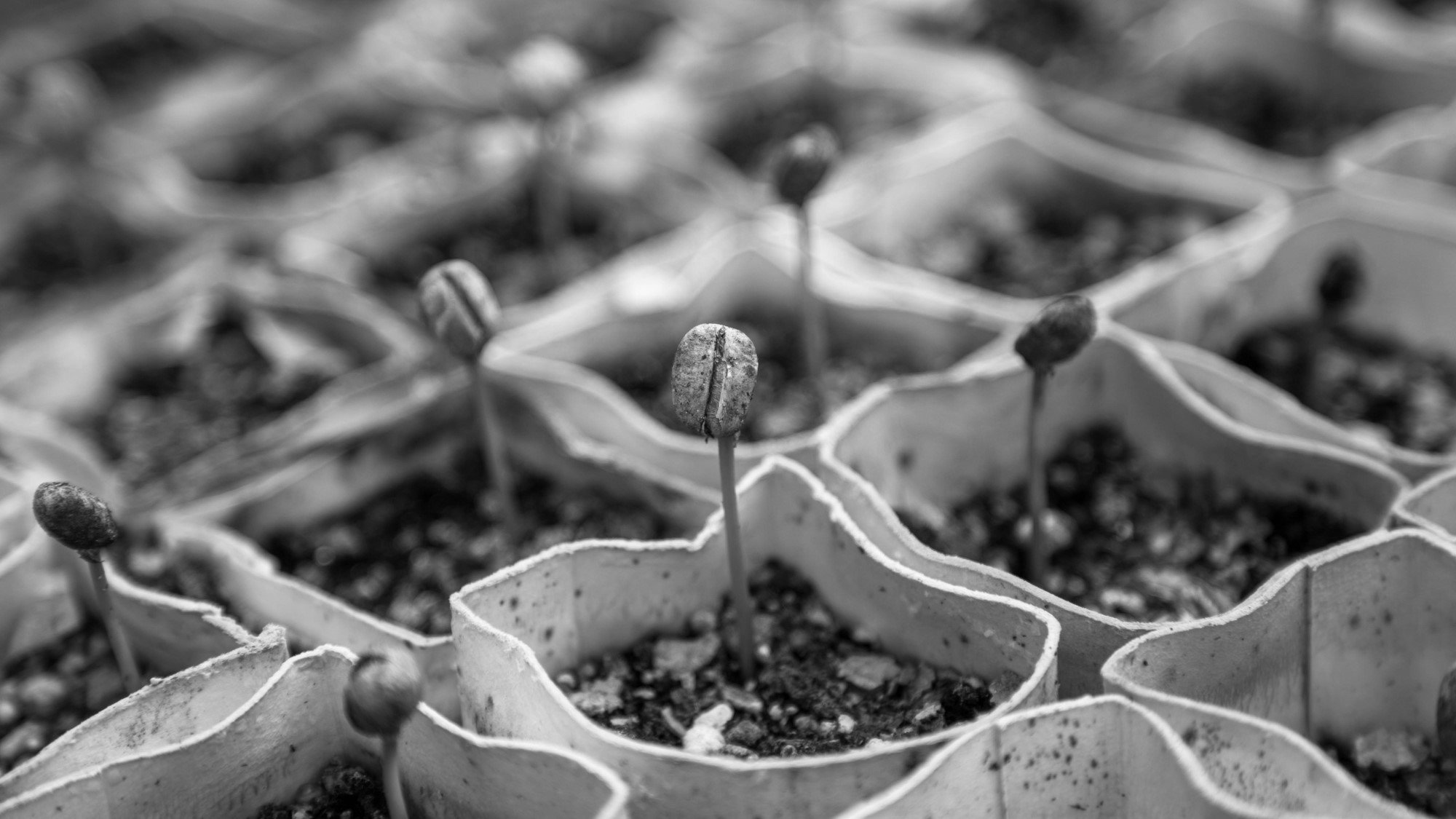
Sep 22, 2023 Can the Coffee Change Fund Save Coffee? Sep 22, 2023 Sep 22, 2023
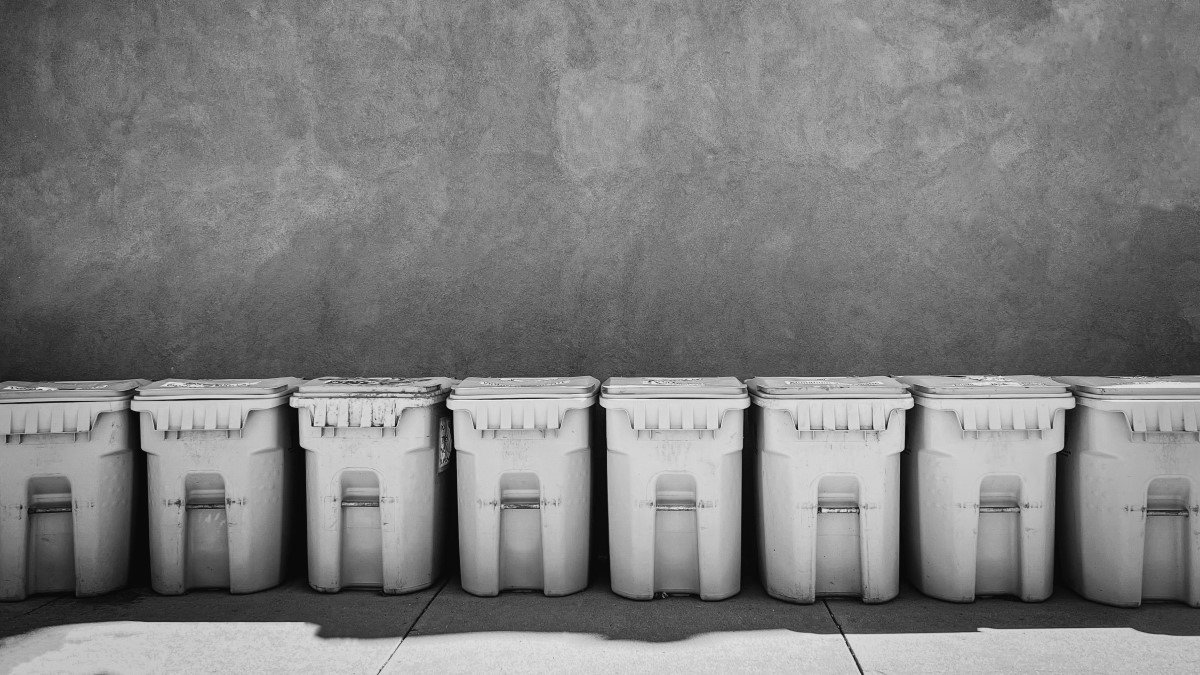
Sep 8, 2023 Upcycled Coffeewashing Sep 8, 2023 Sep 8, 2023
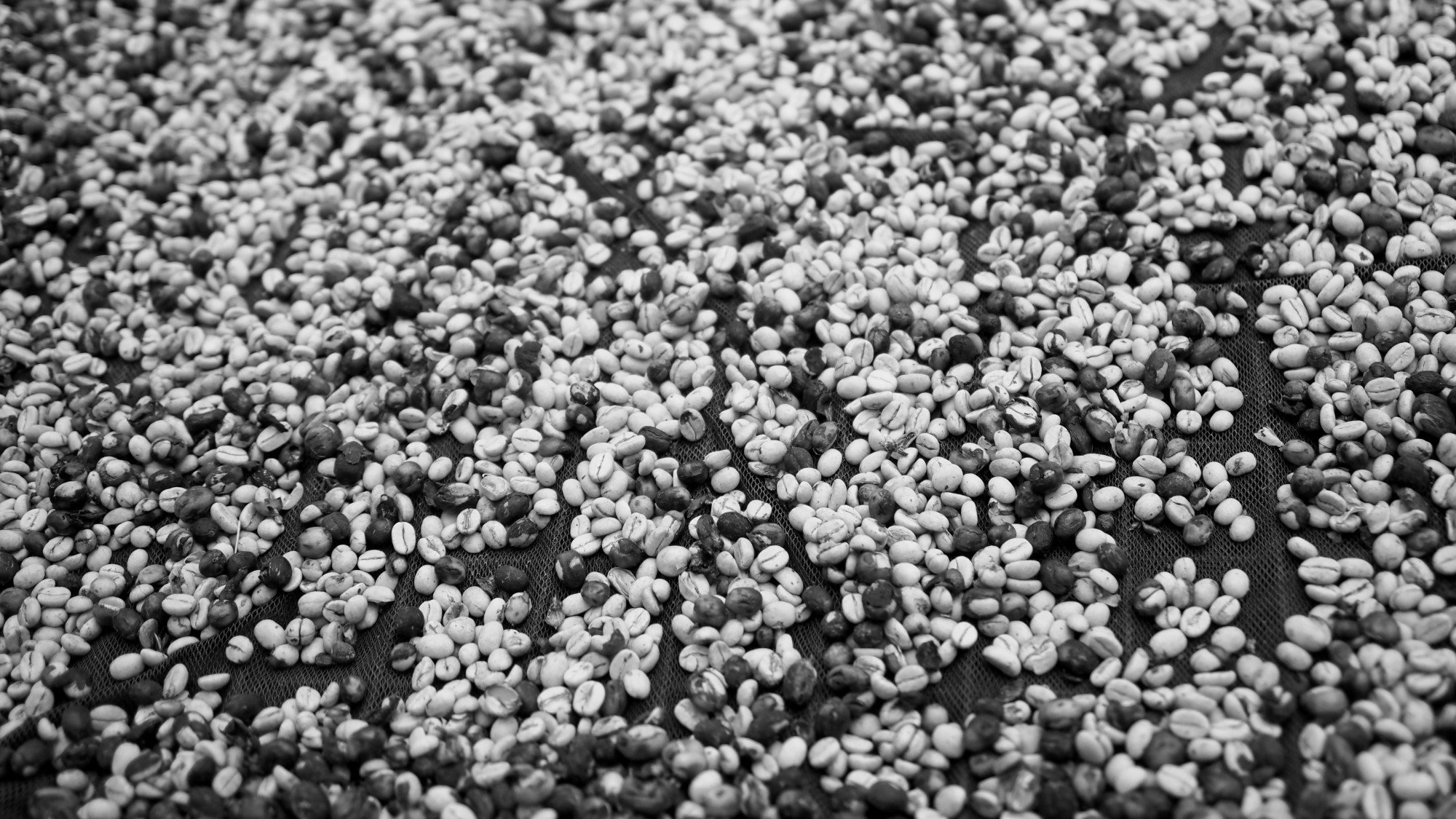
Aug 25, 2023 From A Concerned Farmer Aug 25, 2023 Aug 25, 2023

Aug 11, 2023 Philly is a (Coffee) Union Town Aug 11, 2023 Aug 11, 2023
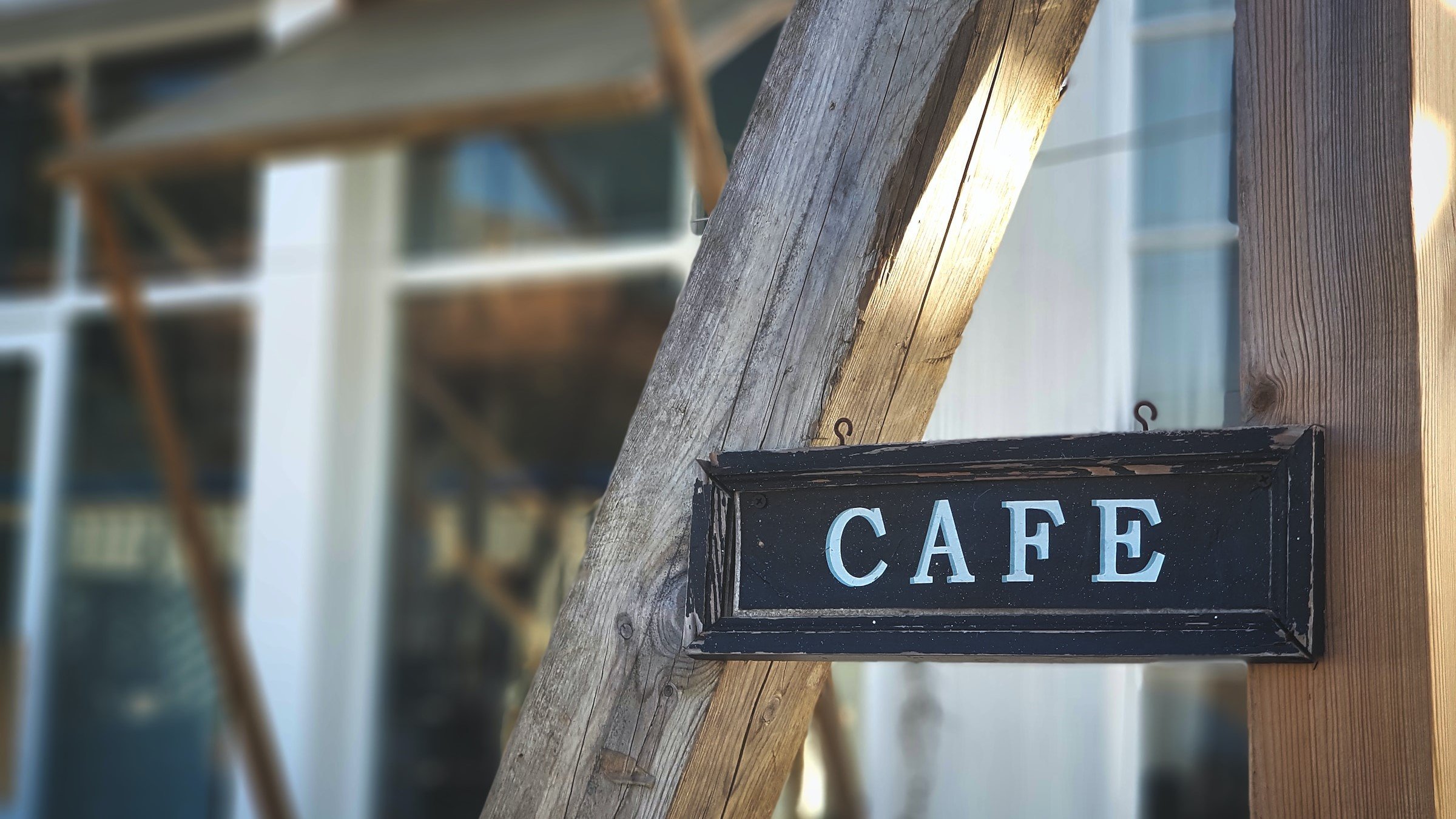
Jul 28, 2023 South Korea's Coffee Wars Jul 28, 2023 Jul 28, 2023
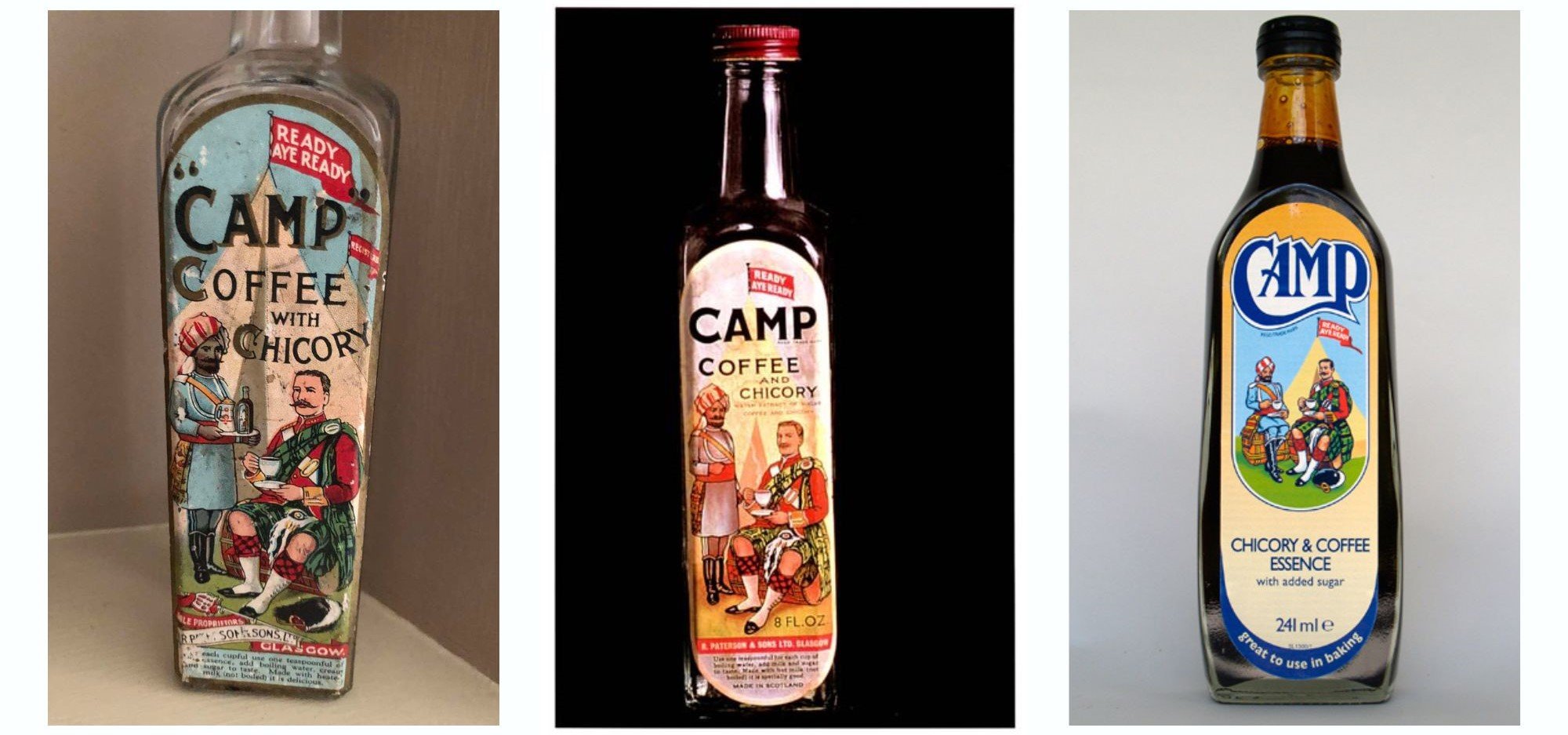
Jul 14, 2023 Camp Coffee, Colonialism, and the Evolution of a Brand Jul 14, 2023 Jul 14, 2023
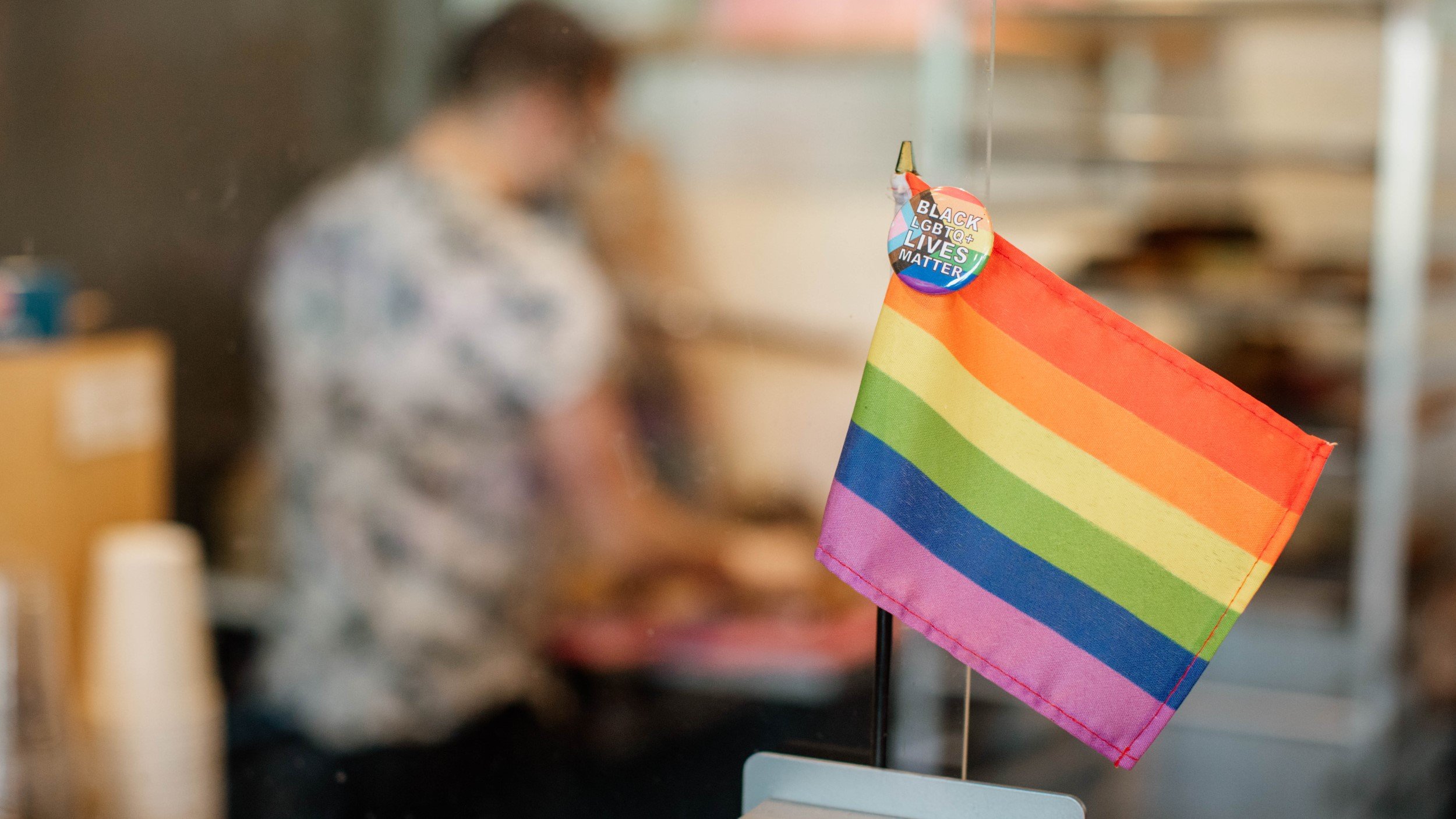
Jun 30, 2023 Defiance and Gay Frog Donuts: How Strange Matter Coffee is Navigating the Anti-LGBTQ+ Backlash Jun 30, 2023 Jun 30, 2023






